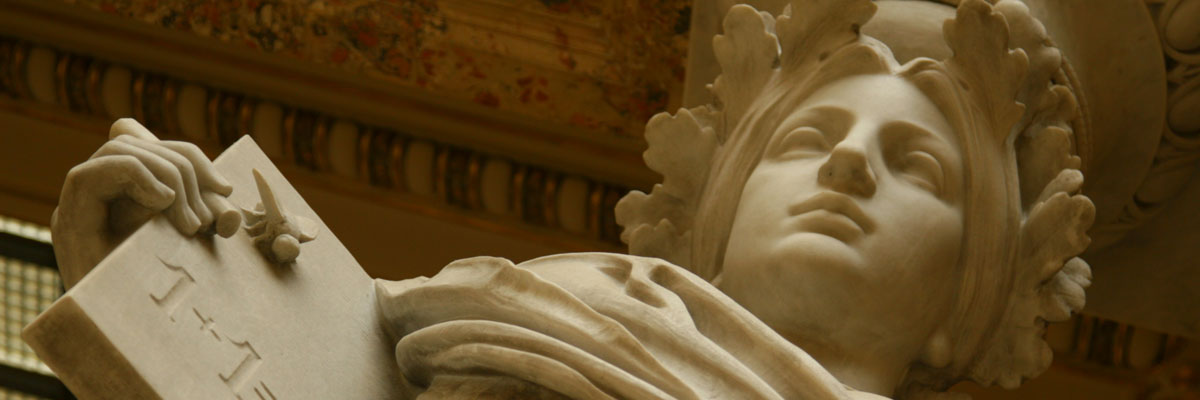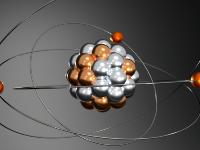
News archive
Search
Selected range: all newsCzech scientists succeeded in confirming the presence of sigma-holes in atoms of halogen elements, which until now existed only in theory. They used their own improved method of scanning electron microscopy. That, for the first time, provided us some insight into the world of this subatomic phenomenon. The ground-breaking research, likened to the first direct observation of a black hole, was published in the Science journal.
The recent release of 52 lynx into the Polish wild does not meet international criteria, according to Czech scientists and conservationists who point that out. Polish zoologists released the endangered beasts without international cooperation and without sufficient information about their genetic origins. The new inhabitants of the forests may therefore bring more harm than good.
A plant does not always grow as it should, and sometimes, the problem is right at the start - in the seed. After years of research, scientists have found a new mechanism that influences seed production and quality in plants. Surprisingly, removing the function from a specific gene led to a poor seed development caused specifically by the paternal side. The research helps to understand an intricate process of plant sexual reproduction and thus may contribute to better breeding.
Seven days full of the best of what the Czech Academy of Sciences does. The first year of the science festival called The Week of the Czech Academy of Sciences ended on Sunday, 7th November. All over the country, people could explore institutes, listen to lectures, watch films or experience science for themselves. The Academy also awarded the best scientists of 2021.
A decades-old enigma is now answered: people domesticated modern horses about 4000 years ago in the Pontic-Caspian steppes. Scientists also discovered that these ancient horses of one genetic lineage expanded rapidly and ultimately replaced all others in Eurasia. Why? Their body was better adapted for heavy loads and their behaviour was more docile. And that was all revealed thanks to archaeogenetics.
Chemists, microbiologists and engineers from different institutions have joined forces to produce a completely new type of nanomaterial dressing with antibiotic effect. It could find its use in the treatment of burns and skin wounds with bacterial infections. The material, called NANO LPPO, has proved its worth in the first experimental phase, but clinical trials have yet to verify it. The results of the study were published in the Scientific Reports journal.
Scientists, politicians, family, and friends of Prof. Rudolf Zahradník gathered in the main building of the Czech Academy of Sciences to pay tribute and remember his great personality. The Chairman Emeritus Rudolf Zahradník deceased in October last year. He was one of the most noticeable Czech scientists, and was also well-known in the world.
It was ten years full of hard work, but now, there are two Czech laser centres belonging among the global leaders in the field of laser technology. HiLASE Centre and ELI Beamlines, both being parts of the Institute of Physics of the Czech Academy of Sciences, have many reasons to celebrate. They have successfully linked the fields of development, research, and high-tech industry, and within their first decade of existence, they achieved 5 world records.
Water made from air gurgles under the clouds of the Czech pavilion at the World Expo exhibition and irrigates a garden in the desert. Also, a glass palm shines there, growing nutritious food for humans and animals. These wonders have two things in common - they were prepared by scientists from the Academy of Sciences, and algae plays a major role here.
The new i&i Biotech Investment Fund will focus on supporting academic spin-off companies, particularly in the areas of drug development, diagnostics, and medical devices. The fund is being created as the first of its kind in Central and Eastern Europe, thanks to the cooperation of the European Investment Fund and the i&i Prague transfer company at the Institute of Organic Chemistry and Biochemistry of the CAS. So far, the fund has more than EUR 45 million at its disposal, but the total amount may rise further, as other investors, such as the Charles University's subsidiary Charles University Innovation Prague, are planning to join the fund.
The Czech Academy of Sciences (the CAS)
The mission of the CAS
The primary mission of the CAS is to conduct research in a broad spectrum of natural, technical and social sciences as well as humanities. This research aims to advance progress of scientific knowledge at the international level, considering, however, the specific needs of the Czech society and the national culture.
President of the CAS
Prof. Eva Zažímalová has started her second term of office in May 2021. She is a respected scientist, and a Professor of Plant Anatomy and Physiology.
She is also a part of GCSA of the EU.









